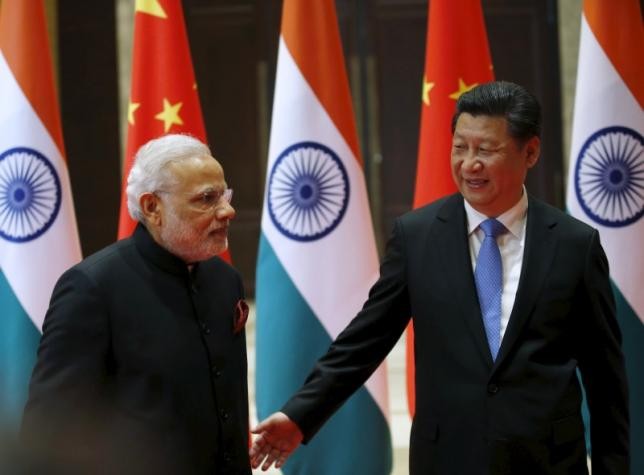India has expressed its displeasure on Sunday, June 26, and blamed China for allegedly obstructing its membership in the Nuclear Suppliers Group, a 48-nation group that has access to sensitive nuclear technology, according to a report by The Washington Post.
India's External Affairs Ministry spokesman Vikas Swarup told reporters he was "certain only one country was creating the procedural hurdles."
Last week, India's membership application was denied during the Nuclear Suppliers Group meeting in Seoul, South Korea.
The group controls access of countries to technology useful in making atomic weapons, as well as limiting the production of nuclear arms.
On Thursday, June 23, ahead of the Shanghai Cooperation Organization summit, India Prime Minister Narendra Modi has asked for China's support during his meeting with Chinese President Xi Jinping in Uzbekistan. A top official of India's Foreign Ministry who visited Beijing also stressed India's track record in efforts to reduce the proliferation of nuclear weapons.
The report said that India's membership application may have been linked by China to Pakistan's application, which the group has not yet also approved.
Normally, countries that have ratified the Treaty on the Non-Proliferation of Nuclear Weapons are qualified for membership. India has not signed the treaty yet, although it has entered into a nuclear cooperation pact with the United States, with a commitment to restrict its nuclear program.
During Modi's visit to Washington recently, U.S. President Barack Obama expressed his support of Indian membership. Other nations, such as Mexico and Switzerland, also showed their support to India.
Swarup said on Sunday, June 26, that India had already discussed the issue on multiple levels with China.
"We are going to continue discussing this with China," Swarup added. "This is going to be an important element of our discussion with China. We will continue to impress upon them that relationships move forward on the basis of mutual accommodation of each other's interests, concerns and priorities."



























